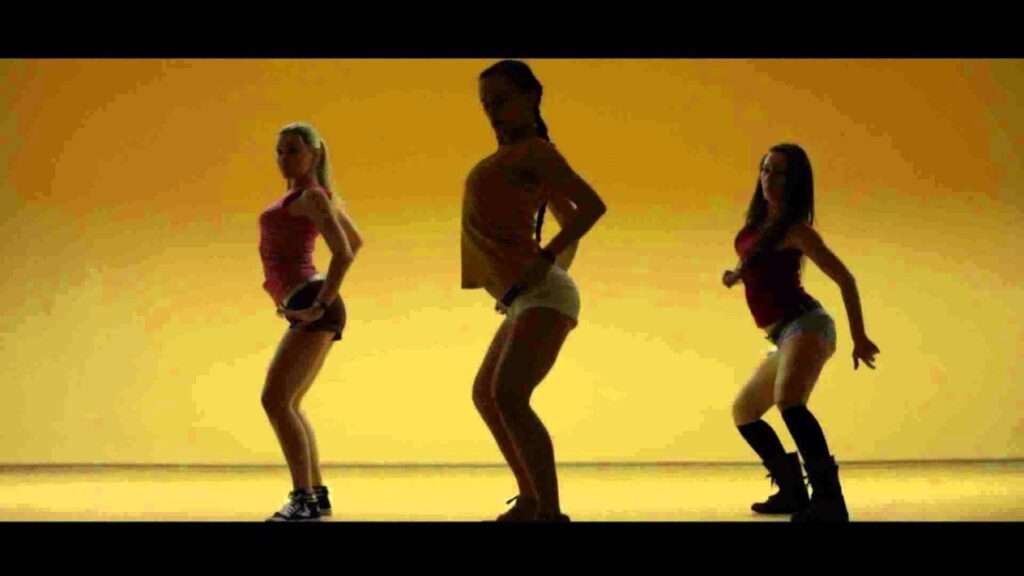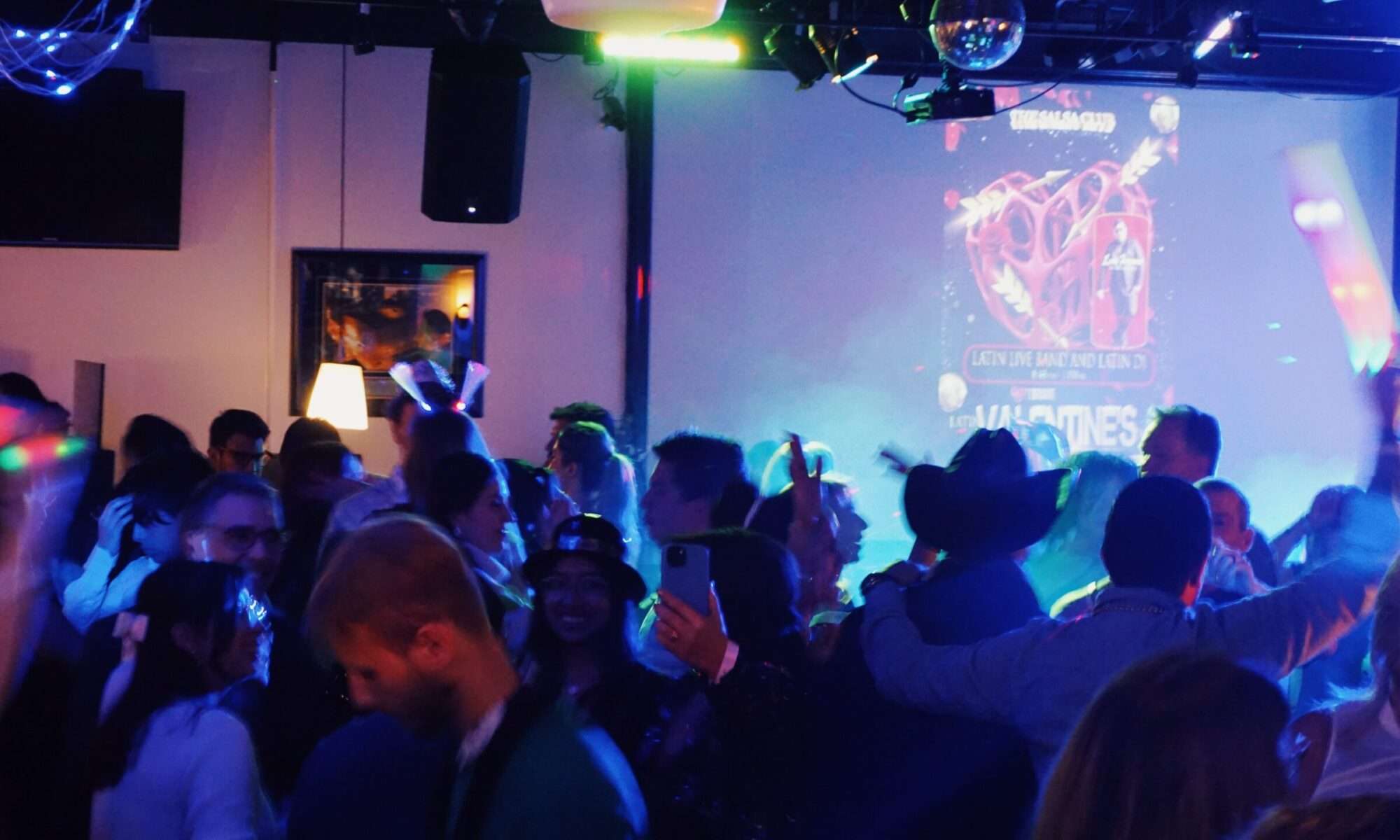
Reggaetón Music: A Fusion of Beats, Rhythm, and Latin Passion
Reggaetón, a music genre born in the streets of Puerto Rico, has become a global phenomenon in recent years. With its infectious blend of Latin rhythms, hip-hop, Jamaican reggae, and catchy hooks, reggaetón has captured the hearts and hips of music lovers worldwide. In this article, we will explore the origins, history, influences, popularization, typical lyric themes, and the vibrant dance associated with reggaetón.

Originating in the late 1990s by Panamanian artists such as El General and Nando Boom, reggaetón emerged as a fusion of Jamaican reggae, Latin American dancehall, and hip-hop. Puerto Rican Artists like Daddy Yankee, Don Omar, and Tego Calderón are considered pioneers of the genre. The underground music scene in Puerto Rico played a crucial role in popularizing reggaetón, as it provided a platform for artists to express themselves freely.
In the early 2000s, reggaetón’s popularity spread beyond Puerto Rico, reaching Latin American countries such as Panama, Colombia, and the Dominican Republic. It eventually made its way to the United States, where it found a receptive audience within the Latino community.
Reggaeton’s influences are diverse, drawing from various Caribbean and Latin American musical styles. It seamlessly blends dembow rhythms, characterized by the distinctive “boom-chick” beat, with elements of salsa, merengue, and bachata. This musical fusion creates an infectious groove that is impossible to resist.
The history of reggaetón is marked by hits that crossed over into English-speaking popularity. One of the most influential tracks was Puerto Rican Daddy Yankee’s “Gasolina,” which became an international hit in 2004. Other notable crossovers include another Puerto Rican, Don Omar’s “Danza Kuduro” and J Balvin’s “Mi Gente” featuring Beyoncé. These songs not only introduced reggaetón to a wider audience but also opened doors for collaborations between Latin and English-speaking artists.
Lyrically, reggaetón often explores themes of love, heartbreak, and the joys of partying. It can also touch upon socio-political issues, reflecting the realities of life in Latin America. Spanish is the dominant language used in reggaetón songs, although it is not uncommon to hear bilingual or English verses.
The dance associated with reggaetón is as vibrant as the music itself. It combines Caribbean and Latin American dance styles with hip-hop and street dance. Three popular reggaetón dance moves include the “perreo” (a sensual grinding motion), the “meneo” (a hip-shaking movement), and the “despelote” (a high-energy dance characterized by wild movements and free expression).
In conclusion, reggaetón music has a rich and fascinating history. It originated in Puerto Rico and has since spread its infectious beats worldwide. Influenced by a variety of genres, reggaetón seamlessly blends Latin rhythms, hip-hop, and catchy hooks to create its distinct sound. With its typical lyrics exploring love, partying, and social issues, and its vibrant dance, reggaetón continues to captivate audiences around the globe.
The Salsa Club plays every kind of Latin Music Genre including salsa, bachata, reggaetón, cumbia, merengue, cha cha cha and more.
Upcoming Latin Events
Reggaetón – A Popular Latin Music Genre (Espanol)
Reggaetón: Una Fusión de Ritmos, Ritmo y Pasión Latina

El reggaetón, un género musical nacido en las calles de Puerto Rico, se ha convertido en un fenómeno global en los últimos años. Con su contagiosa combinación de ritmos latinos, influencias del hip-hop y ganchos pegajosos, el reggaetón ha conquistado los corazones y las caderas de los amantes de la música en todo el mundo. En este artículo, exploraremos los orígenes, la historia, las influencias, la popularización, las letras y temáticas típicas, y el vibrante baile asociado al reggaetón.
Originado a fines de la década de 1990, el reguetón surgió como una fusión de reggae jamaiquino, dancehall latinoamericano y hip-hop. Artistas como Daddy Yankee, Don Omar y Tego Calderón son considerados pioneros del género. La escena musical underground de Puerto Rico desempeñó un papel crucial en la popularización del reguetón, ya que brindó una plataforma para que los artistas se expresaran libremente.
A principios de los años 2000, la popularidad del reguetón se extendió más allá de Puerto Rico, llegando a países latinoamericanos como Panamá, Colombia y República Dominicana. Finalmente, llegó a Estados Unidos, donde encontró una audiencia receptiva dentro de la comunidad latina.

Las influencias del reguetón son diversas, tomando elementos de diversos estilos musicales caribeños y latinoamericanos. Combina de manera fluida ritmos de dembow, caracterizados por el distintivo ritmo “boom-chick”, con elementos de salsa, merengue y bachata. Esta fusión musical crea un ritmo contagioso al que es imposible resistirse.
La historia del reggaetón está marcada por éxitos que cruzaron hacia la popularidad de habla inglesa. Uno de los temas más influyentes fue “Gasolina” de Daddy Yankee, que se convirtió en un éxito internacional en 2004. Otros crossover notables incluyen “Danza Kuduro” de Don Omar y “Mi Gente” de J Balvin, con la participación de Beyoncé. Estas canciones no solo introdujeron el reggaetón a un público más amplio, sino que también abrieron puertas para colaboraciones entre artistas latinos y angloparlantes.
Líricamente, el reggaetón a menudo explora temas de amor, desamor y las alegrías de la fiesta. También puede abordar cuestiones socio-políticas, reflejando las realidades de la vida en América Latina. El español es el idioma dominante utilizado en las canciones de reggaetón, aunque no es raro escuchar versos bilingües o en inglés.
El baile asociado con el reggaetón es tan vibrante como la música misma. Combina estilos de baile caribeños y latinoamericanos con hip-hop y danza callejera. Tres movimientos de baile reguetonero populares incluyen el “perreo” (un movimiento sensual de frotación), el “meneo” (un movimiento de agitación de caderas) y el “despelote” (una danza de alta energía caracterizada por movimientos salvajes y expresión libre).
En conclusión, la música del reggaetón tiene una historia rica y fascinante. Originado en Puerto Rico, se ha propagado por todo el mundo con sus ritmos contagiosos. Influenciado por una variedad de géneros, el reggaetón combina de manera fluida ritmos latinos, hip-hop y ganchos pegajosos para crear su sonido distintivo. Con sus letras típicas que exploran el amor, la fiesta y cuestiones sociales, y su baile vibrante, el reguetón continúa cautivando a audiencias en todo el mundo.
The Salsa Club plays every kind of Latin Music Genre including salsa, bachata, reggaetón, cumbia, merengue, cha cha cha and more.
Upcoming Latin Events


